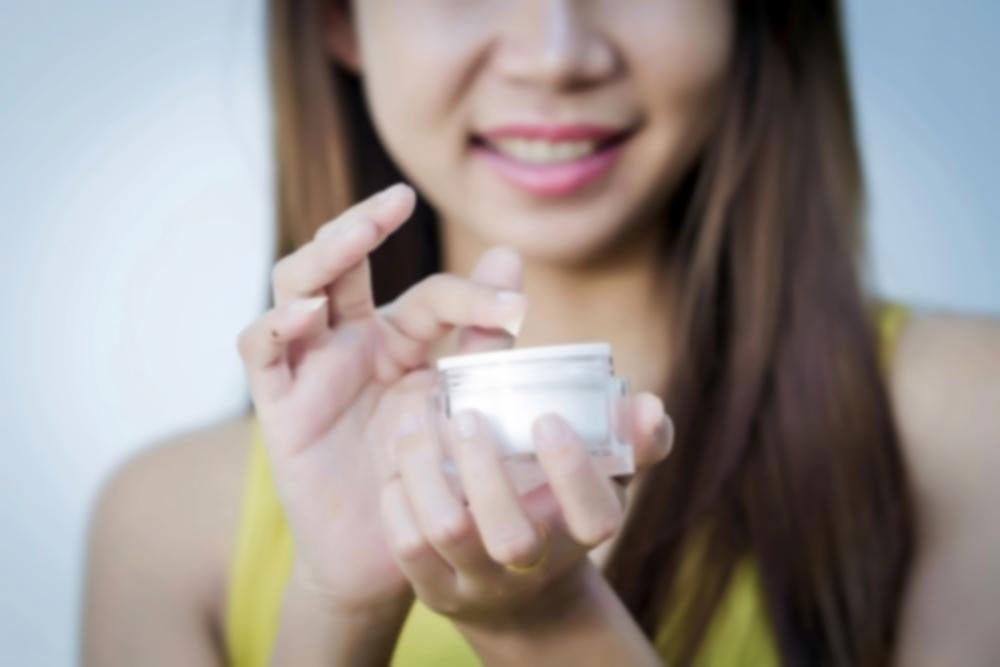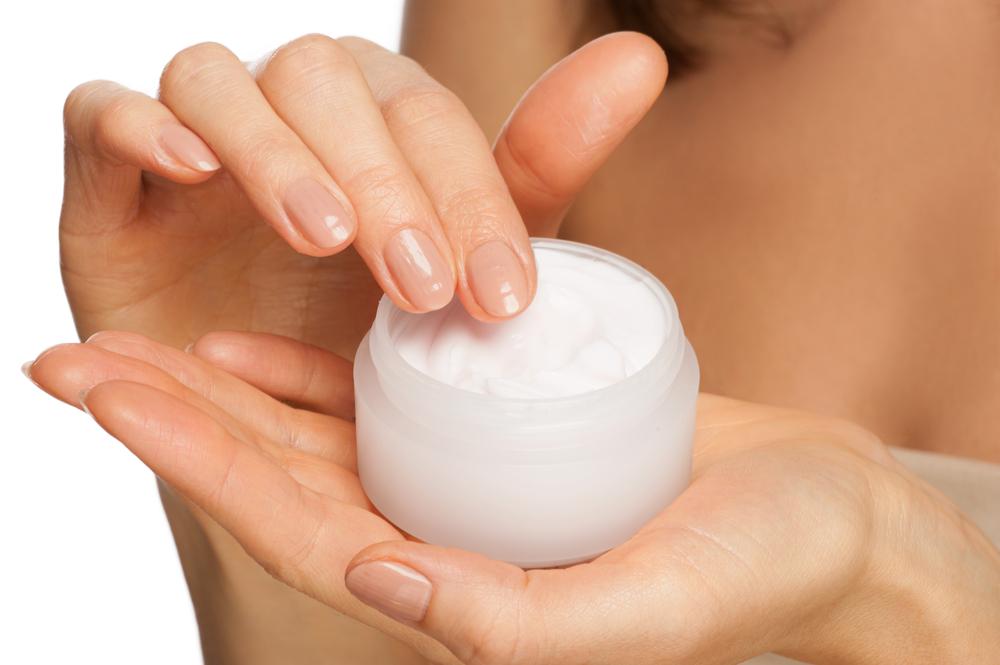How to Manage Sudden Skin Sensitivity Effectively
Discover effective strategies to manage sudden skin sensitivity. Learn about common causes like over-exfoliation, sun exposure, and product misuse. Follow simple skincare tips such as staying hydrated, using gentle products, moisturizing properly, and protecting your skin from the sun. If symptoms persist, consult a dermatologist for accurate diagnosis and personalized treatment to maintain healthy, resilient skin.

Strategies for Dealing with Unexpected Skin Sensitivity
Dermatologists often associate sensitive skin with reactions such as redness, bumps, rashes, or flushing. Dry skin, whether naturally occurring or caused by environmental factors, can also be classified as sensitive. Many factors contribute to skin sensitivity, so proper diagnosis by a dermatologist is recommended if you notice symptoms. Everyone follows a skincare routine, from minimal cleansing and moisturizing to elaborate regimens. Usually, long-term products are safe, but if you experience increased sensitivity, stop using your products and opt for gentle alternatives like petroleum jelly or dermatologist-recommended treatments.
Several common causes can trigger skin sensitivity, including excessive exfoliation, overuse of skincare products, sun overexposure, inadequate moisturizing, and underlying skin conditions. Overly aggressive scrubbing damages the outer skin layer, leading to redness and irritation. Using too many active ingredients like retinol or salicylic acid can also cause reactions. Prolonged sun exposure damages the skin's protective barrier and results in sensitivity. Consistent moisturizing, staying hydrated, avoiding harsh products, and using broad-spectrum sunscreen are key steps in skincare. Consulting a dermatologist for persistent issues ensures proper diagnosis and treatment.
Follow these essential tips to soothe and prevent skin sensitivity:
Stay well-hydrated to keep your skin resilient against external factors.
Choose cosmetics carefully, avoiding strong fragrances and artificial dyes, and discard expired products.
Apply moisturizer immediately after cleansing to lock in moisture and prevent dryness.
Use a gentle, alcohol-free cleanser to cleanse without stripping natural oils, then pat dry—avoid rubbing.
Always wear a suitable sunscreen when exposed to sunlight to prevent irritation and damage.
Limit chemical treatments and exfoliation to reduce skin stress.
Refrain from touching your face frequently to minimize bacteria transfer and irritation.
Manage stress and prioritize quality sleep to promote skin healing and health.










